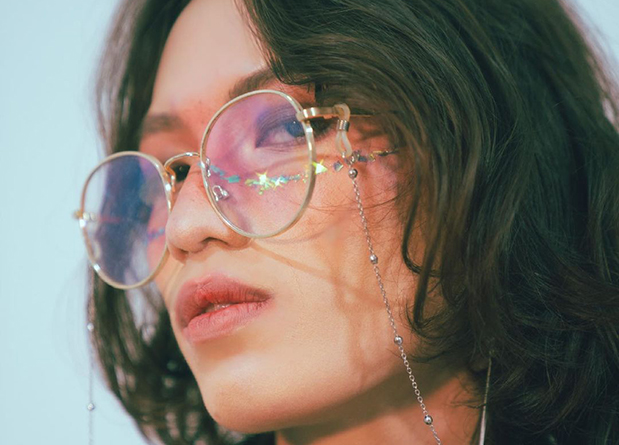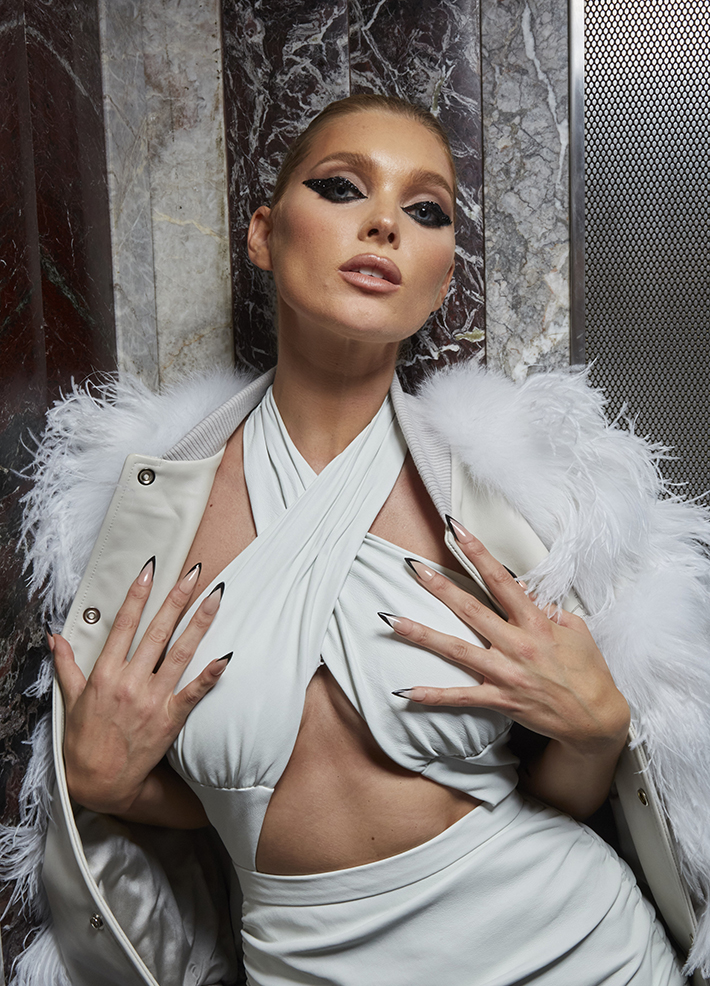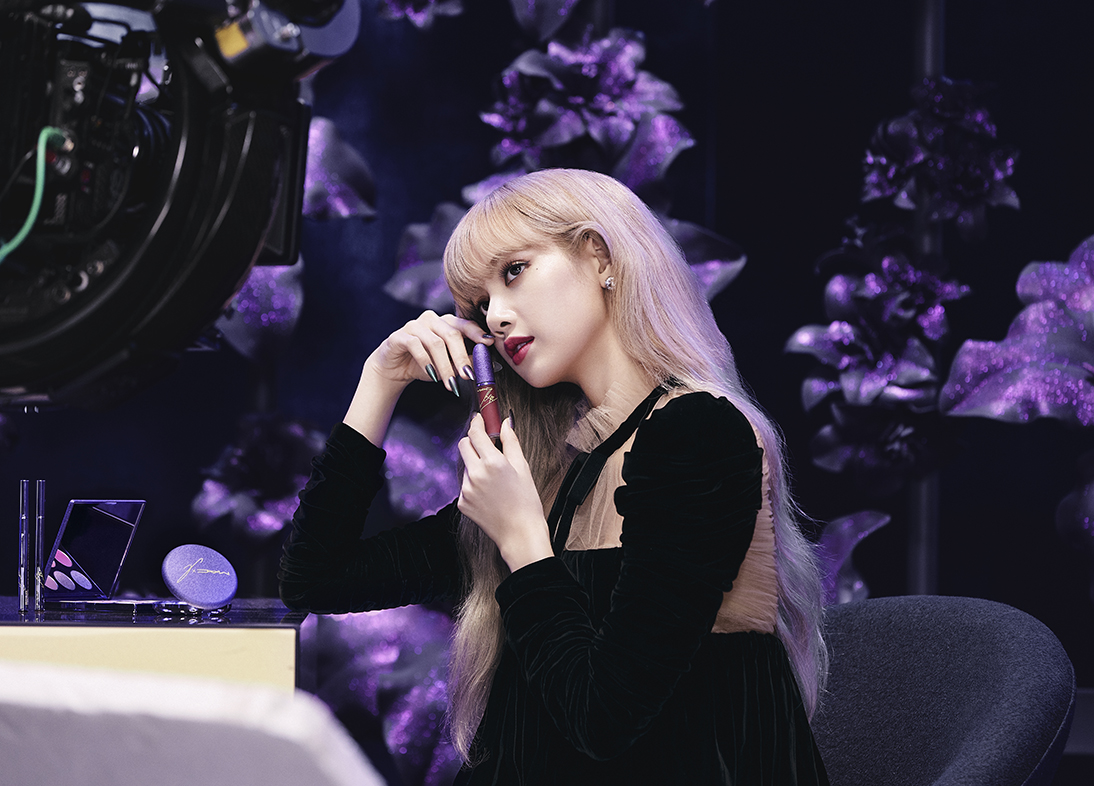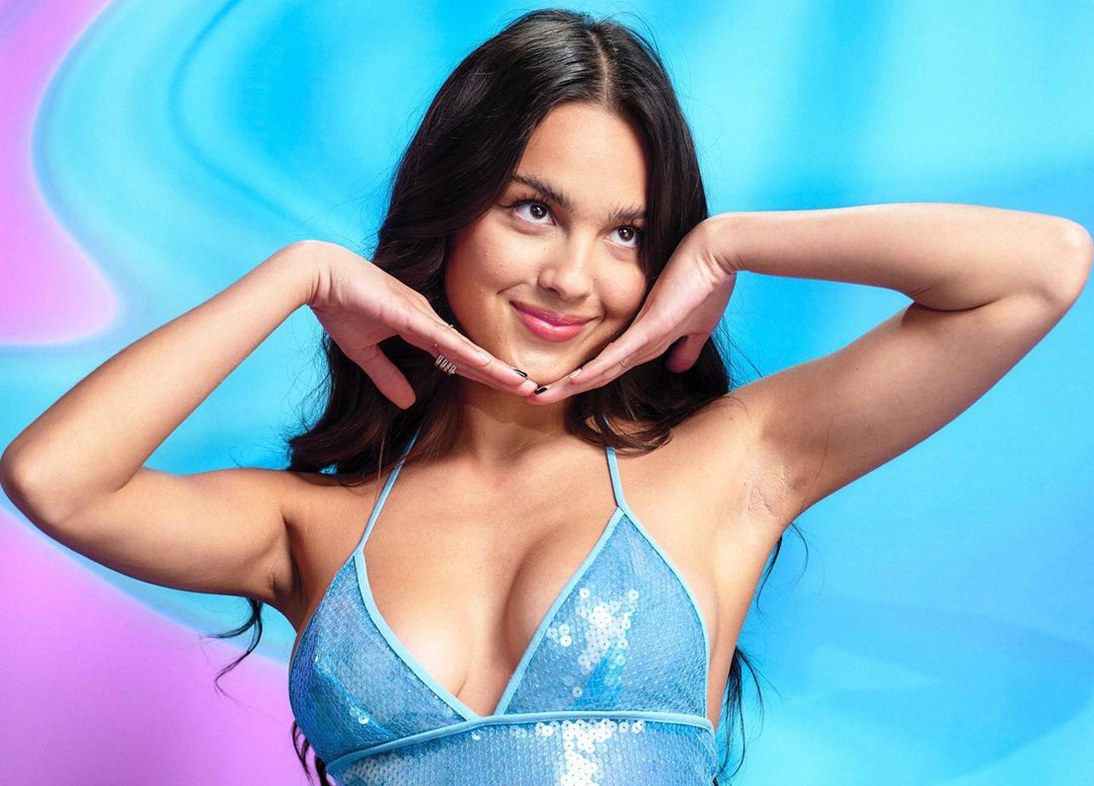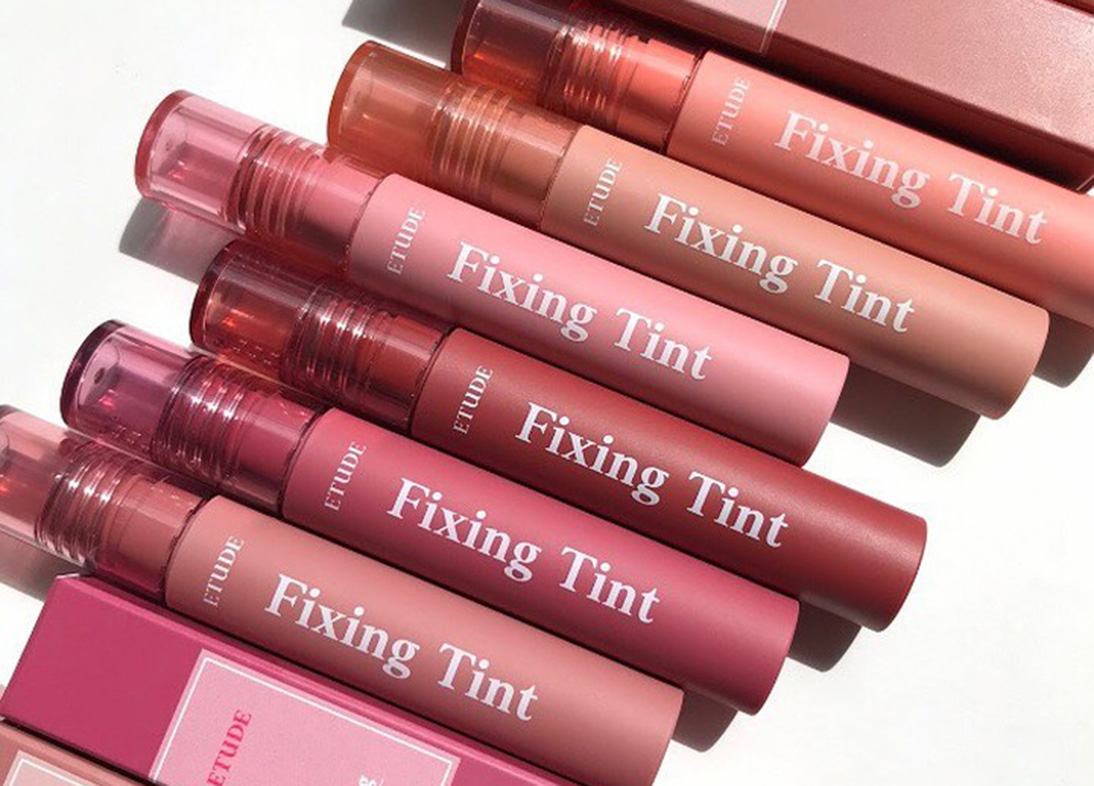Meet the men sporting make-up in Singapore
Shaking things up
- 13.09.2021
- By BRANDON ALEXIUS CHIA
RECOMMENDED
*Cover images of Rus were shot by Ben Matchap
Let’s play a game of word association: What are the first three words that come to mind when we say “makeup“? Okay, this isn’t the Ellen Degeneres Show — there are no prizes to claim if you get it right. And while there is any real right or wrong answer to such a loaded query, it’s interesting if your response revolves largely around women. How is it that there are some of us still holding onto archiac views of face paint, and who its users should entail? Well, to be fair, it is a practice that has persisted for decades. Think about it: if men were caught wearing a smidge of foundation or even a hint of tinted lip balm, they would be ridiculed by their peers with criticism about their masculinity and sexuality.
It’s a notion that many of us who grew up in traditional Asian households are familiar with. Those rattan canes might have hit hard, but not so much as the gender stereotypes we were subjected to (ha). Women were taught to present themselves demurely and to look pretty to attract a partner. Men, on the other hand, were expected to be rough and tough; stoic breadwinners that never shed a tear. While these are viewed as outdated beliefs amongst certain circles, it seems not all Singaporeans are ready to break free from the mould.
And yet, hope arrives in the form a younger generation of men looking to challenge said stereotypes, whereupon they have embraced and integrated makeup into their daily lives. We are not just talking about gay men, either — this relates to a rising number of straight-identifying males, many of whom are starting to dabble in eyeshadow, highlighters, and more. It’s a great news as any — but it does bring to mind the question: What changed? What sparked the interest to throw out lessons and adages that were supposedly ingrained into us since we were children?
The common denominator that we discovered is the media. LASALLE student, Serge Auning, attributes K-pop for inducting him into the beauty realm when he was 16 years old, after watching many music videos and interviews with the idols: G-Dragon, in particular.
“I went to my mother’s room, when she was not home, and straight to her makeup. I used an eyebrow pencil as eyeshadow because I had no idea what anything was. I looked nothing like G-Dragon though, I think it was a mess,” shared Serge.
For others, Rupaul’s Drag Race proved a formulative experience. As a model, Rusydi Noor Afiq Foo — who goes by Rus — is used to getting his makeup done and enjoys the process. However, his first experience with makeup was through his friends from school who persuaded him to be used as their canvas after watching episodes of Drag Race “At first, I was kind of weirded out because they were just doing random things to my face and it wasn’t normal to see guys wearing makeup in school. But I started getting compliments for the makeup because even though I was in a creative environment during my polytechnic days, I was pushing boundaries,” said Rus.
It has been three years since that day and Rus has incorporated makeup into his daily affairs. He used to borrow his sister’s makeup but as he has grown to love it, Rus has invested in his own brushes, sponges, and cosmetics.
Then there’s undergraduate student, Omar Michael Bin Hanipan, who has been an avid makeup user for over a decade. He first noticed that more men jumped on the cosmetics bandwagon in the past two to three years due to the rise of TikTok and male beauty gurus on YouTube — yes, even though they can be problematic at times.
“There are many male beauty gurus teaching everyone how to do their own makeup and they don’t really have any societal expectations to meet. James Charles for example. Then there are the ‘e-boys’ on TikTok that have popularised edgy makeup — I was doing that way before it became a thing,” said Omar cheekily.
Media played a pivotal role in kickstarting their journeys. Sustaining it, however, proved a whole different story. For some, reception remains a largely positive experience. “The only person who actually talked to me about my makeup was my mum. In the early days, even though I only drew on some eyebrows, she would say: ‘You’re going out like that?’. When I moved on to foundation, she said: ‘Oh, you look so cakey.’ I mean she was right but now, she just doesn’t care anymore,” said Omar. He also shared that he was more than comfortable dressing in drag — Amy Winehouse, to be specific — at clubs on Halloween. He would constantly receive praises (“Yasss! Werk queen!”) intercut with the occasional weird look when walking about on the streets, but nothing else that would make him feel too self-conscious. He does, however, express his doubts about the supposed positivity. Acceptance could be credited to his sexuality, where people are more accepting of him being a gay man wearing makeup or the fact that his usual style is less bold.
Unfortunately, Serge didn’t receive quite the same treatment when he had excitedly sent a few pictures to his friends for the first time. Even his girlfriend at that time did not approve of him wearing makeup whenever they were going out. Despite feeling demoralised, he continued sticking by it. “My dad had a problem with makeup too because he is old-fashion. His reaction was: ‘Why are you wearing this? This is too much, too extreme. You look like a girl.’ But I continued doing it anyway,” shared Serge.
Rus’ grandmother had a very similar reaction as Serge’s father and feared that makeup might “turn” him gay. After some time, he managed to reason with her: “I sat her down and played many videos of K-pop idols and told her that it is normal for them to wear makeup as straight men.”
It’s safe to say that their dedication to makeup is admirable. Despite pushback from certain members of society, these lads keep truckin’ on — because, yes, there’s more to makeup than its beautifying aspect. For Serge and Rus, makeup is all about self-expression, which isn’t limited to just one gender. Even though they are aware that many view it as a way to hide insecurities, both of them feel that makeup serves a higher purpose to showcase their personalities without having to utter a single word.
“Yes, I started using makeup because I was insecure about how I looked, but it evolved. It’s all about the mindset. After viewing it as a way to express myself, I learnt to love myself and stay true to it. Look at where I am now?” said Serge, who recently became a talent under Titan Digital Media.
He also pointed out that makeup is much like fashion. Some people put a lot of effort into how they look because they find it fun and they use it as a way to communicate how they want to be seen.
Although Rus has amassed a following of close to 200,000 fans due to his viral fashion content on TikTok, he doesn’t feel the pressure to put on makeup for fear of being judged by them. “There’s always a positive and negative side to everything — media and makeup included. So it is up to you on how you want to approach it. Like going for a job interview, you would want to present yourself in the best way possible and that does not constitute to being insecure,” said Rus confidently.
As for Omar, he views makeup as a way for him to rebel and defy what was expected of him at home, especially when he had moved into a student dormitory during his first year in university. “I was definitely trying to compensate for the times that I couldn’t be myself. I wanted to feel like ‘me’ and being away from my parents for once allowed me to let out all the repressed creative energy that I couldn’t reveal before,” said Omar.
With that said, all three of them acknowledged that it is an uphill battle when it comes to normalising men wearing makeup here in Singapore and that it would take a lot of courage for others to follow suit as it will put them under a microscope.
But what can be done to push this needle forward? Over the past few years, many claim that “progress” was made in the form of male-specific makeup launched by the likes of major brands such as Chanel — but is it necessary in the first place? When it was brought up during the interviews, the trio had the same answer. Although makeup for men appears to be a blatant marketing scheme, they think that is useful in providing a safety net for men to explore makeup without having to feel judgment or shame. “I think it’s kind of dumb to gatekeep makeup. They are just formulas in bottles, what is the difference between going to Guardian to buy something versus going to a Sephora? But most guys would not know where to start, so at least ‘men’ makeup makes it easier for them,” said Omar.
In short? Well, perhaps the best we can to keep things moving is by continuing to have such conversations surrounding gender and conventionally gender-coded items — and, in the midst of doing so, shatter some stereotypes along the way. These small steps are integral to change, and so, we must keep fighting on. Here’s to hoping.
ADVERTISEMENT. CONTINUE READING BELOW
